Italy is hosting the fourth annual international conference on Ukraine's reconstruction, as Russia ramps up its aerial and ground assaults on Ukraine. The event brings together political leaders, international organisations, and businesses to foster public-private partnerships in Rome.
Italian Prime Minister Giorgia Meloni and Ukrainian President Volodymyr Zelenskyy formally opened the conference on Thursday, as Russian forces launched a record number of drone attacks across ten Ukrainian regions earlier in the week.
Held at Rome’s modern 'Cloud' conference centre in the business district of EUR, the forum includes 100 official delegations, 40 international organisations and development banks, and more than 2,000 representatives from private industry, civil society, and local Ukrainian administrations. The goal is to connect international investors with Ukrainian partners to advance both immediate reconstruction and long-term reforms necessary for Ukraine’s integration into the European Union.
Italy has already pledged new aid initiatives. On the eve of the conference, the Italian Justice Ministry announced a memorandum of understanding with Kyiv on penitentiary cooperation, while the Foreign Ministry confirmed a €30 million credit line to construct a new pavilion for the Odesa children’s hospital and supply medical equipment.
Despite the ongoing war, organisers argue that planning for Ukraine’s reconstruction is not premature but an urgent necessity.
“It may seem counterintuitive to talk about rebuilding during active conflict, but it’s actually a pressing priority,” said Eleonora Tafuro Ambrosetti, a senior fellow at the Institute for International Political Studies (ISPI) in Rome.
Previous editions of the Ukraine recovery conference were held in Lugano (2022), London (2023), and Berlin (2024). The Berlin conference established four key pillars—business development, human capital, regional governance, and EU-related reforms—that remain central in Rome.
This year’s event distinguishes itself by focusing on specific sectors and actionable projects. Workshops and panels address issues such as risk mitigation for investors, and investment opportunities in Ukraine’s energy, mining, pharmaceutical, defence, and transport sectors. Ukrainian-British businessman and former Russian deputy defence minister Alexander Temerko noted that this hands-on approach makes the Rome conference unique among its predecessors.
Kurt Volker, former U.S. special envoy for Ukraine negotiations, said the success of the conference could depend on Italy’s leadership. He called for the creation of a coordinating body to maintain momentum and provide strategic oversight of recovery efforts.
“If there is a sustainable ceasefire, Ukraine could see double-digit economic growth, but high-level focus on economic development is still lacking,” he said.
Alongside Meloni and Zelenskyy, several European leaders are attending, including German Chancellor Friedrich Merz, Polish Prime Minister Donald Tusk, Dutch Prime Minister Dick Schoof, and European Commission President Ursula von der Leyen.
French President Emmanuel Macron is absent, remaining in the UK for talks with British Prime Minister Keir Starmer. However, both will join a virtual meeting of the so-called “coalition of the willing,” a group of countries open to sending peacekeeping forces to Ukraine if a future agreement with Russia is reached.
Retired U.S. Lt. Gen. Keith Kellogg, former special envoy under President Donald Trump, met with President Zelenskyy in Rome. The success of future peacekeeping or reconstruction efforts, analysts say, will hinge on U.S. military backing—particularly in airpower.
Although the Trump administration has not issued a formal commitment, the former president stated Monday that more weapons would be sent to Ukraine. This came just days after the U.S. paused key weapons deliveries, triggering frustration from Trump over what he viewed as poor coordination between The Pentagon and The White House.
With U.S. policy in flux, Europe’s leadership is stepping up its role in Ukraine’s recovery—even as the war continues to rage.
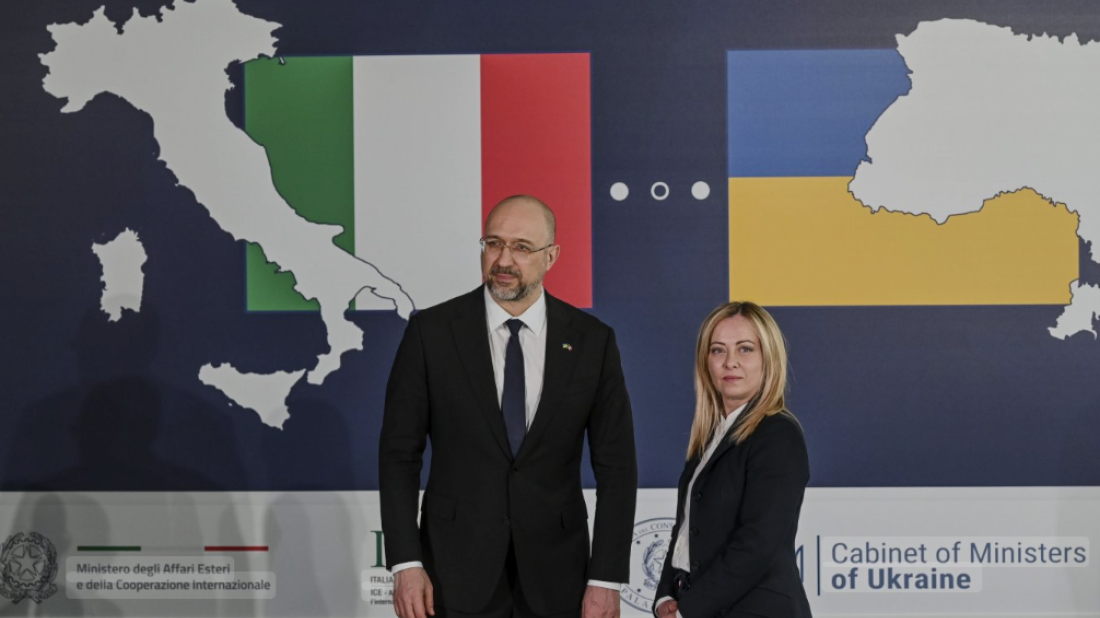
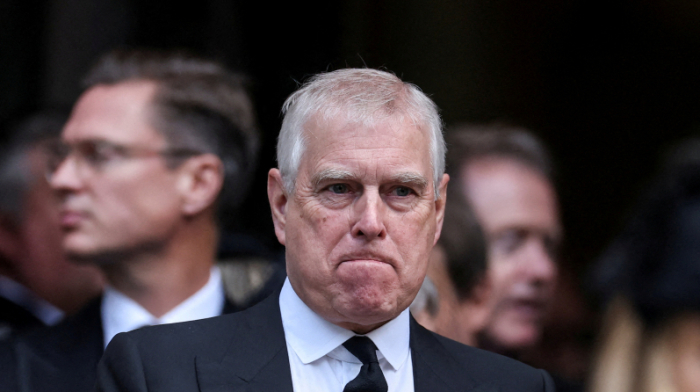
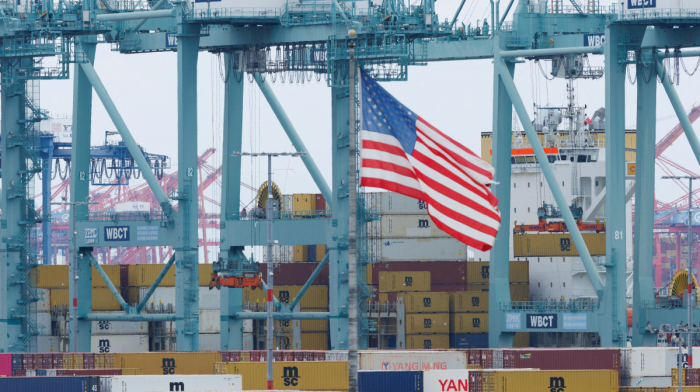

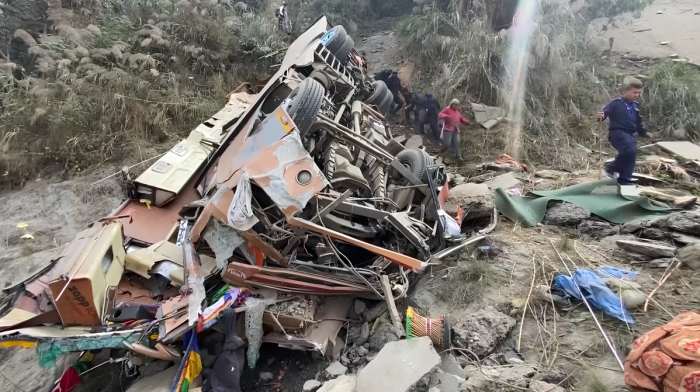
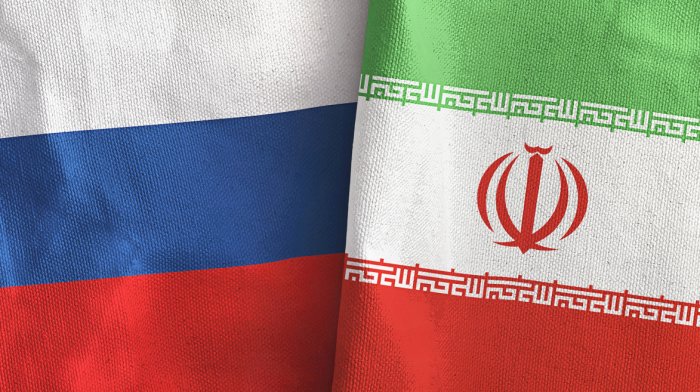

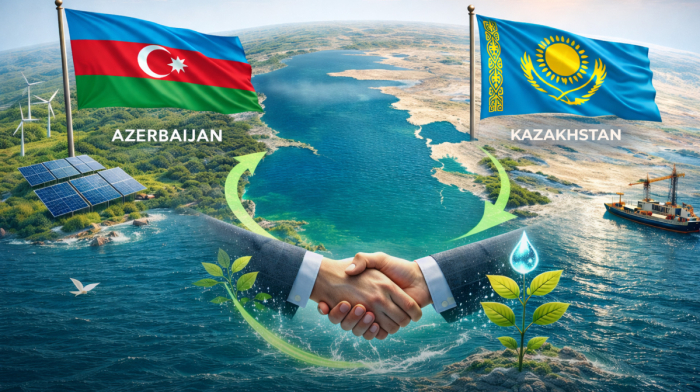
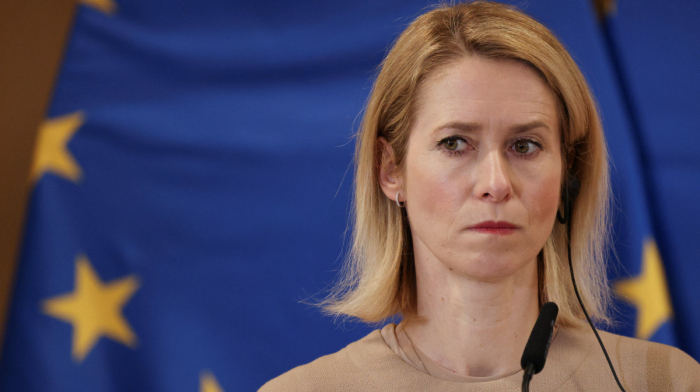
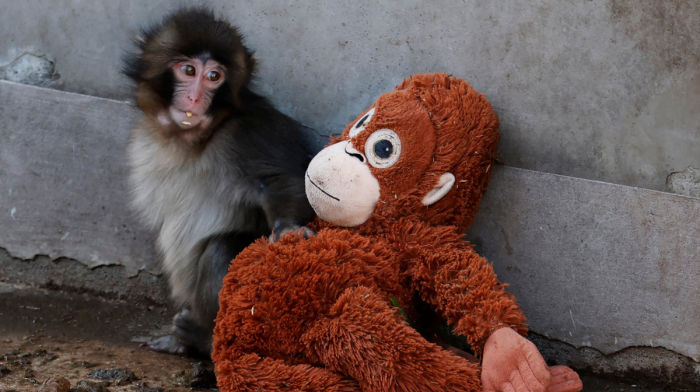
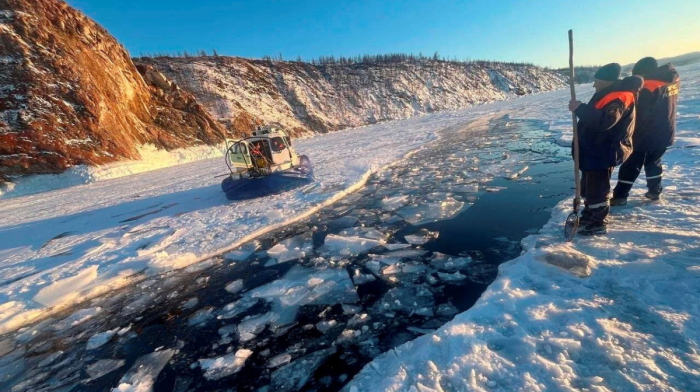
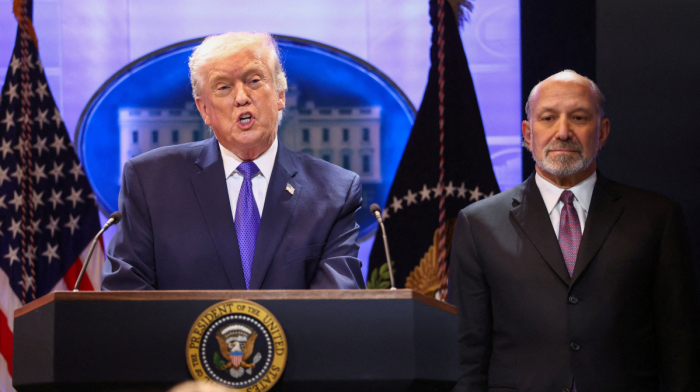
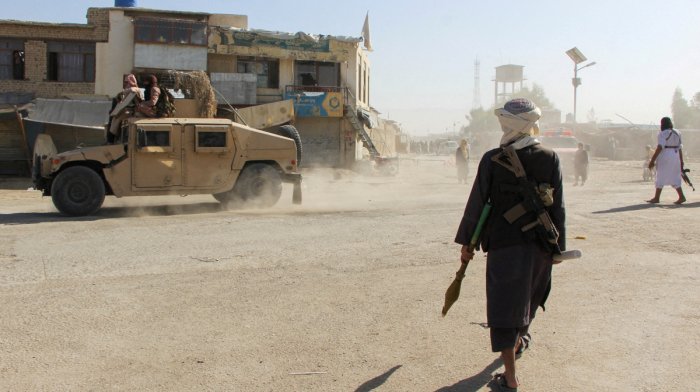
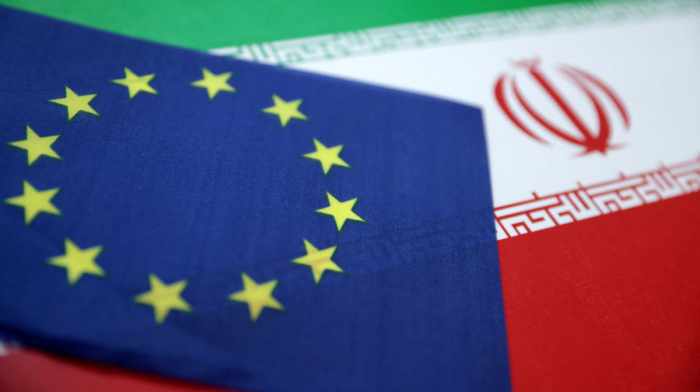



What is your opinion on this topic?
Leave the first comment